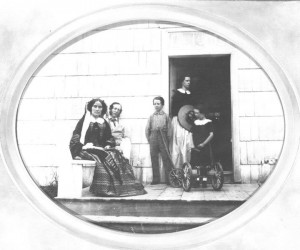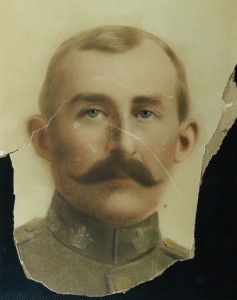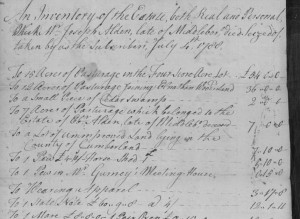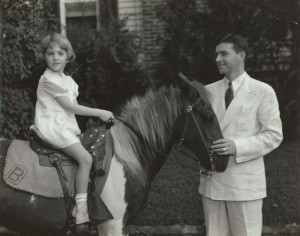
It is always a nice surprise to open a book and find a reference to a family member, especially a family member about whom one knows little. This recently happened to me as I was reading Robert Winthrop Kean’s memoir, Fourscore Years, published privately in 1974. The book’s subtitle, “My First Twenty-four,” indicates that this volume covers the beginning of the author’s life; an earlier book, Dear Marraine, concerns his service during the First World War.
Winthrop Kean’s mother was Katharine Taylor Winthrop (1866–1943). Her “most intimate girlhood friend,” Katie Stuyvesant, was my grandfather’s first cousin. Continue reading An unusual family








